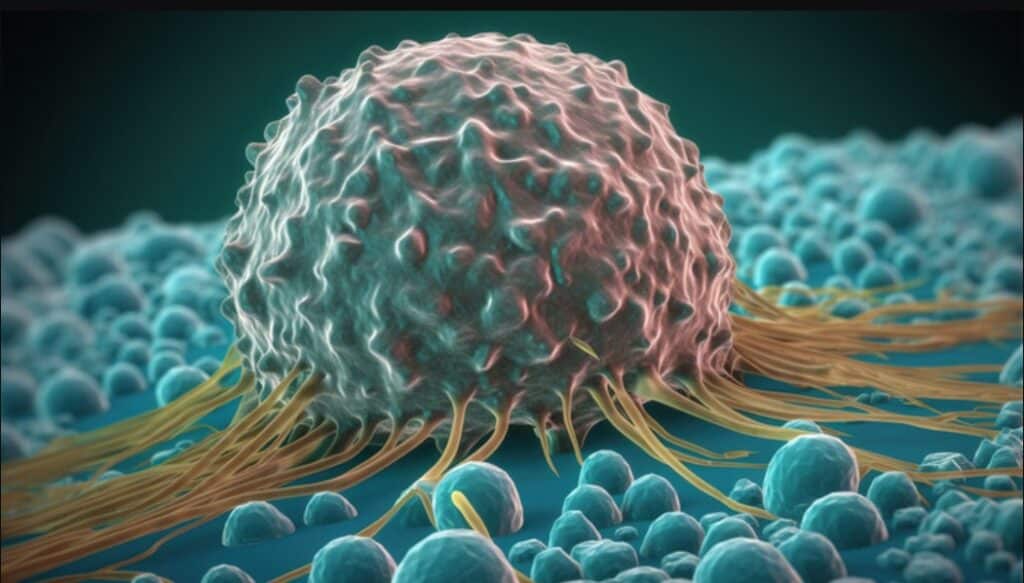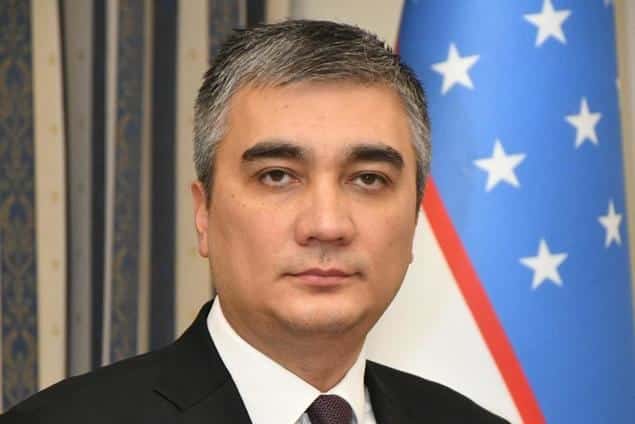
Cancer may soon cease to be a death sentence, according to Professor Stephen Powis, Medical Director of NHS England and Professor at University College London. In a bold prediction published by The Times, Powis forecasts that cancer survival rates will quadruple over the next 50 years, thanks to rapid advancements in oncology.
«We’re entering a golden era of medicine,» said Powis, who drew comparisons to the revolutionary progress made in HIV/AIDS treatment since the 1980s. «When I started as a doctor, HIV brought immense suffering. Today, people live long, healthy lives with the condition, something unimaginable four decades ago. We’re now approaching a similar moment for cancer.»
One of the most promising developments, he explained, lies in immunotherapy—specifically, drugs that train the immune system to identify and destroy cancer cells. Another major breakthrough is the use of genetic testing to tailor immunotherapy to individual patients, making treatment highly personalized.
In recent years, personalised cancer vaccines have shown impressive results in improving survival for patients with melanoma, colorectal, lung, brain, and pancreatic cancers. The NHS plans to offer these vaccines to up to 10,000 patients within the next five years.
Professor Powis, who has served as NHS England’s Medical Director since 2018, announced his departure earlier this year. He will be succeeded by Professor Meghana Pandit and Dr. Claire Fuller.
His message is clear: we are on the cusp of a transformative era in medicine—one that could redefine how we understand and treat cancer for generations to come.
Kursiv Uzbekistan also reports that Fauja Singh, the British-Indian athlete celebrated as the world’s oldest marathon runner, has died at the age of 114.













